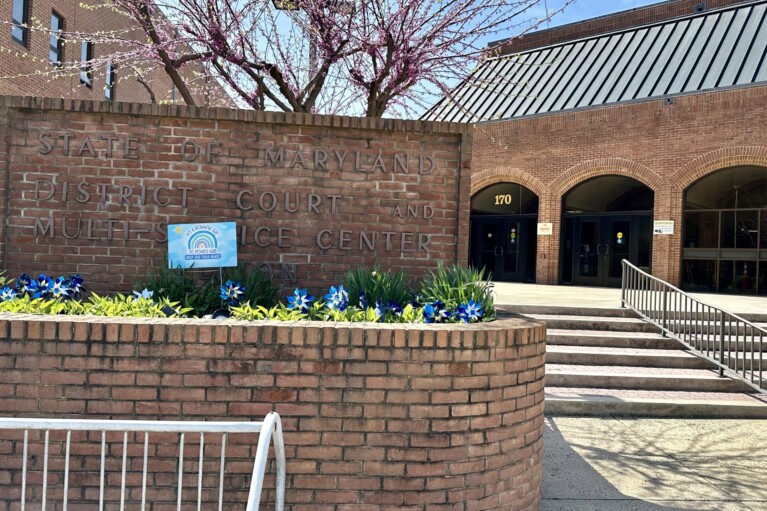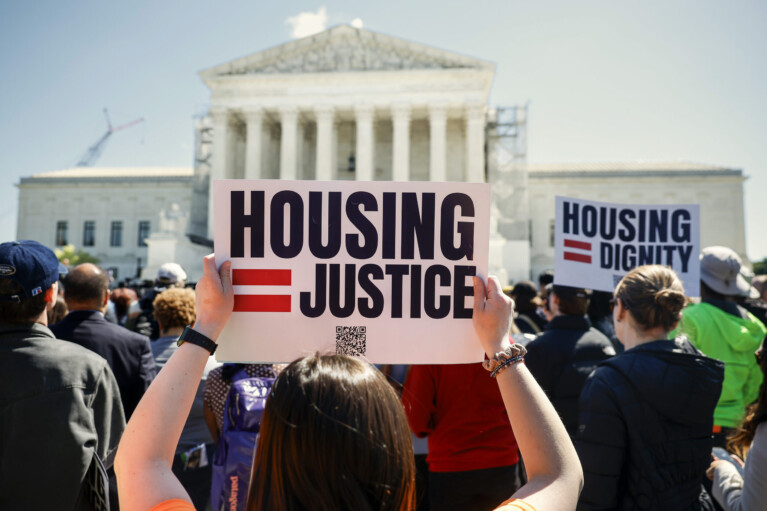Opinion: Expansion of Good Samaritan Law Smashes the Balance Between Public Health and Public Safety

By Joseph Riley
The writer is legislative chair of the Maryland State’s Attorneys Association.
Current Maryland law allows for immunity from arrest and prosecution for certain offenses if evidence was gathered from a result of observation of a medical emergency (usually an overdose) and that observer seeks assistance. Both the person needing assistance and the person who sought the aid get the benefit of the immunity.
Lawmakers in Maryland are seeking to expand the numbers of crimes that a person can have immunity for. The argument is that people are too fearful of being arrested themselves or are so untrusting of police that they do not seek assistance for their fellow human being who maybe dying in front of them. The bill proposed this session would grant immunity for every misdemeanor in Maryland law and felony drug distribution or possession with the intent to distribute. This expansion smashes the delicate balance between public health and public safety that the current law set up.
The list of misdemeanors people would receive immunity from include but are not limited to:
- Second-degree assault (domestic violence included)
- Possession of child pornography
- Visual surveillance with prurient intent
- Trafficking people for the purposes of sex
- Causing life-threatening injury to another as a result of driving while impaired/driving under the influence
Imagine a scenario where a person is being trafficked for sex. The trafficker uses drugs to keep their victim reliant on them. The person being trafficked suffers an overdose and the trafficker calls 911. Do we as a society, want the police to not be able to arrest the person who distributed the drugs and trafficked the person who overdosed? Because that is what this bill would do if it was passed.
Advocates for this change in policy argue that the current law does not work as intended, pointing to the increase in overdose deaths since its passage as evidence. This ignores other possible explanations for the seemingly lack of effectiveness.
Education on Maryland’s Good Samaritan law needs to become a priority.
A public service advertisement campaign with funding to reach every Marylander is needed. Training law enforcement to embrace the provisions of the still new law will, over time increase the level of trust in the law’s current provisions with the community it is designed to protect.
Maryland passed the current Good Samaritan law in 2014, with support from the Maryland State’s Attorneys Association. This coincided with the influx of fentanyl becoming a widespread ingredient into street drugs in the United States.
Today, fentanyl is the No. 1 killer of Americans ages 18 to 49, according to the CDC. According to the DEA, a fatal dose of fentanyl is two milligrams, making it the deadliest illicit narcotic trafficked today. This more than the lack of immunity for misdemeanors contributes to the increase of overdose deaths.
The argument for immunity expansion would be stronger if there was anything more than anecdotal evidence that suggested lives would be saved. In the commentary, “Lawmakers: Strengthen Good Samaritan Laws to Address Overdose Deaths,” advocating for immunity expansion, the writers point to Vermont as a state to emulate. Vermont’s increase in overdose deaths since the expansion passage is greater than the nation as a whole.
Could Maryland’s Good Samaritan law be made better? Certainly. But the approach taken by HB190 takes a chainsaw to a problem that needs a scalpel.
An analysis of what crimes are being charged as a result of police responding to overdose would be a good first step. If those crimes are more akin to the currently minor misdemeanors that are protected from prosecution, then perhaps incremental expansion is warranted.
But a blanket immunity for all misdemeanor crimes is an expansion that makes all Marylanders less safe and promises no decrease in the tragic loss of life from persons struggling with addiction.




 Creative Commons Attribution
Creative Commons Attribution